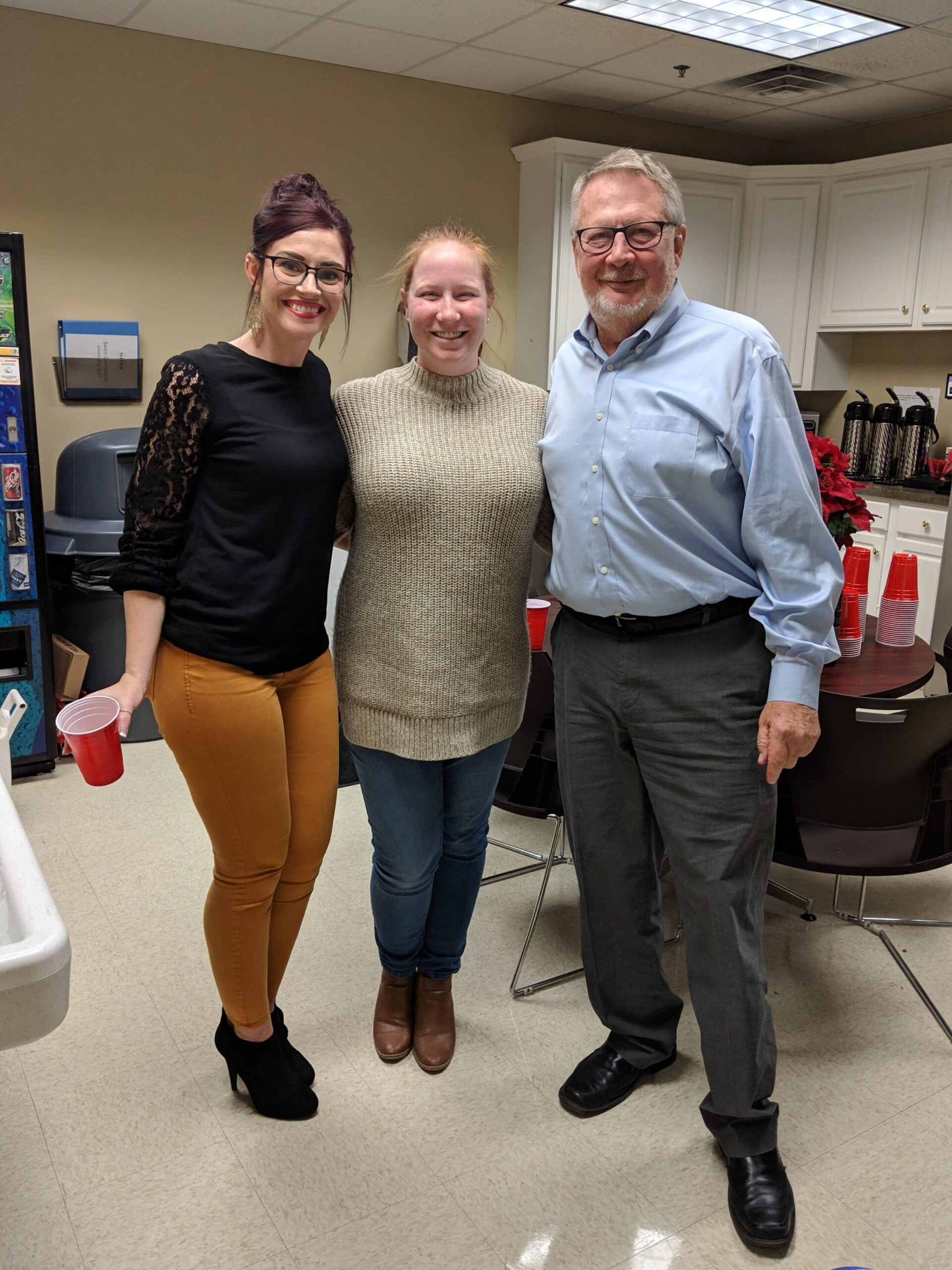The Environmental Protection Division (EPD) in Georgia has recently approved a hazardous waste cleanup permit for a General Electric Medium Transformer Plant that will require the company to improve its contamination monitoring and reporting at the site.
The new permit reflects the Coosa River Basin Initiative’s (CRBI) urging to the EPD to require daily reports from GE on contamination at the site,previously required only twice a year. More specifically, the CRBI’s concerns centered around groundwater elevation levels surrounding a landfill at the plant, which is known to contain cancer-causing chemicals such as polychlorinated biphenyls (PCBs) and other hazardous waste, according to Joe Cook, CRBI Advocacy & Communication Coordinator.
According to the Rome News-Tribune, which services the area surrounding the plant, GE’s monitoring wells were already equipped to provide daily groundwater elevation data, although the EPD did not have access to it.
“This is a small but important change to the permit,” said Cook. “The data was already there, it just wasn’t being made available. This information will give EPD and the Rome community greater assurance that GE’s cleanup plan is working like it’s supposed to.”
The goal of the program, which has been in place since 2001, is to prevent groundwater from reaching a height where it comes in contact with toxic landfill material, as well as to keep the groundwater from moving off the site where it could contaminate residential and other well water.
To meet the goals of this program, GE operates a groundwater extraction system that pumps groundwater from around the contaminated landfill, removes contaminants and then releases the treated water to the City of Rome’s sewage treatment system.
Regularly monitoring and reporting the status of groundwater remediation projects like these is critical for assessment and remediation efforts to remain cost-effective. Working with environmental consultants can help your company better keep up with environmental monitoring throughout its cleanup efforts.
By leveraging consultants’ experience and understanding of a wide range of contaminants and their characteristics in a variety of subsurface environments, you can be sure your remediation project remains compliant with local standards without going over budget.


